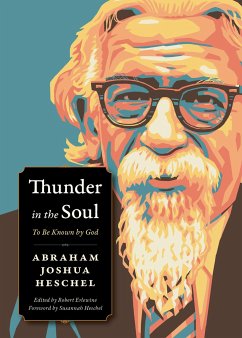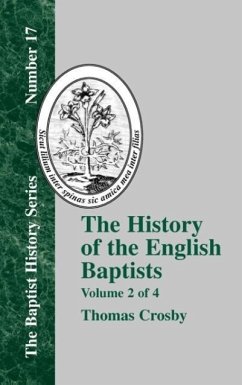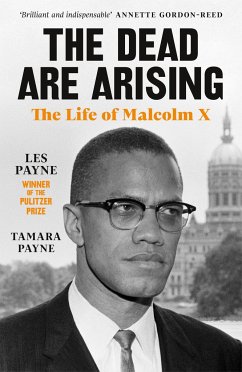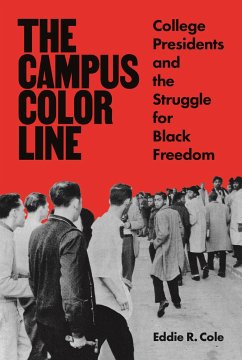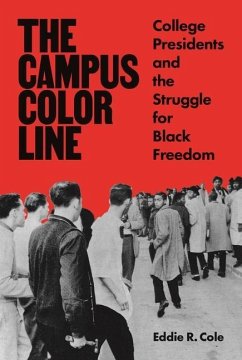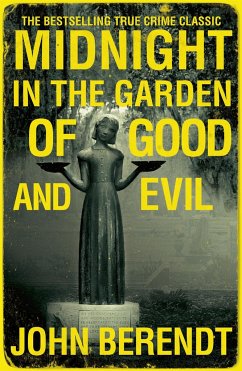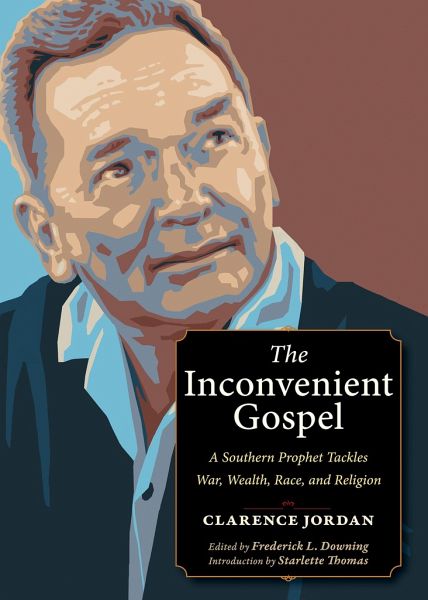
The Inconvenient Gospel
A Southern Prophet Tackles War, Wealth, Race, and Religion
Herausgeber: Downing, Frederick L

PAYBACK Punkte
8 °P sammeln!
"Clarence Jordan spoke with an unwavering prophetic voice. He firmly rejected materialism, militarism, and racism as obstacles to authentic faith... He was a fearless and innovative defender of human rights." -President Jimmy CarterOn 440 depleted acres in Sumter County, Georgia, a young Baptist preacher and farmer named Clarence Jordan gathered a few families and set out to show that Jesus intended more than spiritual fellowship. Like the first Christians, they would share their land, money, and possessions. Working together to rejuvenate the soil and the local economy, they would demonstrate...
"Clarence Jordan spoke with an unwavering prophetic voice. He firmly rejected materialism, militarism, and racism as obstacles to authentic faith... He was a fearless and innovative defender of human rights." -President Jimmy CarterOn 440 depleted acres in Sumter County, Georgia, a young Baptist preacher and farmer named Clarence Jordan gathered a few families and set out to show that Jesus intended more than spiritual fellowship. Like the first Christians, they would share their land, money, and possessions. Working together to rejuvenate the soil and the local economy, they would demonstrate racial and social justice with their lives. Black and white community members eating together at the same table scandalized local Christians, drew the ire of the KKK, and led to drive-by shootings, a firebombing, and an economic boycott. This bold experiment in nonviolence, economic justice, and sustainable agriculture was deeply rooted in Clarence Jordan's understanding of the person and teachings of Jesus, which stood in stark contrast to the hypocrisy of churches that blessed wars, justified wealth disparity, and enforced racial segregation. "You can't put Christianity into practice," Jordan wrote, "You can't make it work. As desperately as it is needed in this poor, broken world, it is not a philosophy of life to be 'tried.' Nor is it a social or ethical ideal which has tantalized humankind with the possibility of attainment. For Christianity is not a system you work - it is a Person who works you."This selection from his talks and writings introduces Clarence Jordan's radically biblical vision to a new generation of peacemakers, community builders, and activists.





